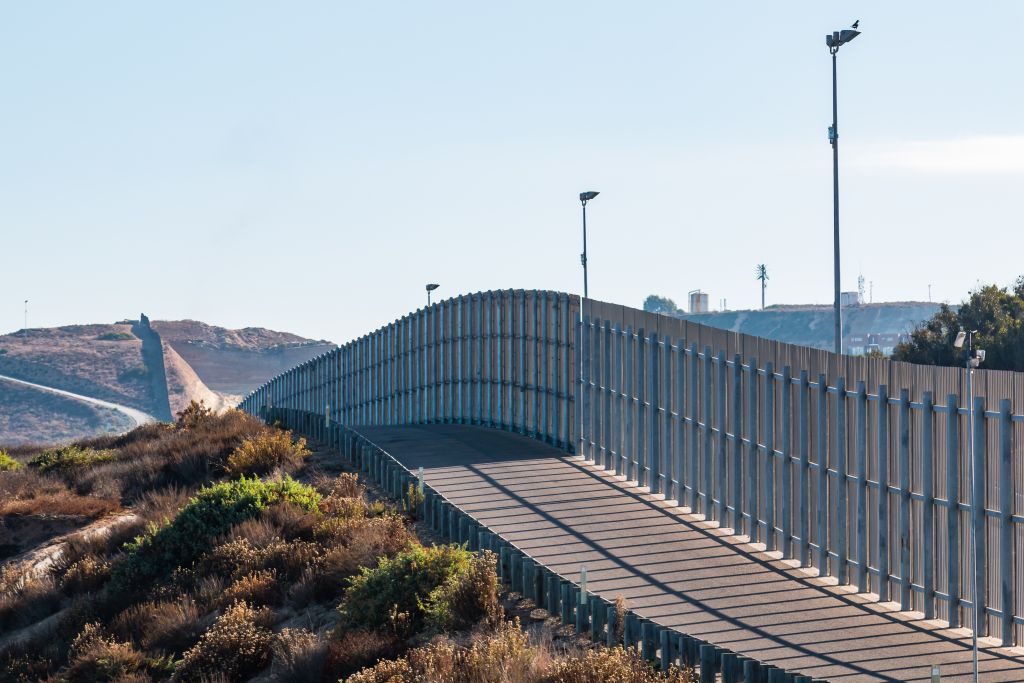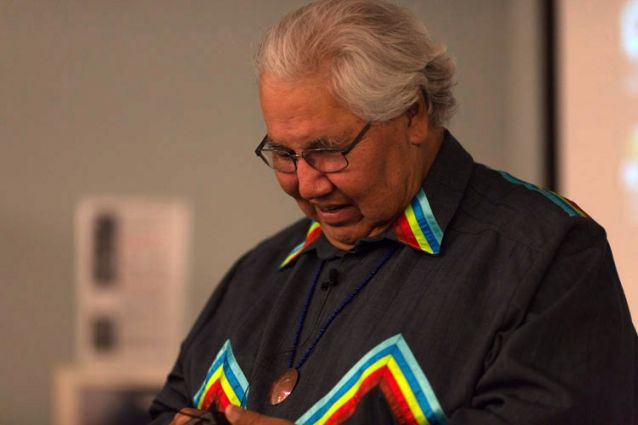The border cities of San Diego and Tijuana have become a lightning rod for political debates about migration in both the United States and Mexico. The politicization of migration issues, which escalated in the Trump era, has placed extreme pressures on these cities and on the migrants themselves, who are exposed to diverse risks and vulnerabilities.
Restrictive U.S. migration policies have led to increased deportations and expulsions under the Trump and Biden administrations. In recent years, the arrival of migrant caravans from Central America produced widespread public outcry, leading to significant changes in U.S. and Mexican policies and increased pressure on border cities like Tijuana.
In this context, non-governmental organizations (NGOs) engaging in transnational activities play a crucial role in bridging local and international migrant advocacy efforts, often stepping in where government support is lacking.
Transnationalism theory and practice
In the academic world, transnationalism is an approach to migration studies that focuses on relationships, activities and processes occurring beyond national borders. In general, though, transnationalism can be thought of as a process by which migrants maintain ties to both their countries of origin and destination.
Communities often form associations that engage in transnational activism, maintaining ties to their countries of origin and advocating for migrant rights in their destination country. These associations help build social, cultural and economic networks for migrants, despite challenges such as discrimination and limited resources. They exemplify the transnational ties that arise from migration and the importance of cross-border cooperation.
The U.S.-Mexico border, particularly the San Diego-Tijuana region, serves as a critical area for studying these trends due to its high migratory flow influenced by economic, political and social factors. The region is notable for its strong transborder economic and social relationships, influenced by globalization and economic integration. Tijuana has seen significant inflows of migrants from Mexico and other developing countries, while San Diego has a diverse population with strong migrant communities.
The economic integration of San Diego and Tijuana has fostered local political, social and familial relationships, attracting migrants from Mexico and Latin America. The region's combined population is over 7.5 million, with significant commercial and social exchanges between the two cities. San Diego, with its high-tech industries, contrasts with Tijuana’s manufacturing and service sectors, reflecting different levels of economic development.
Economic interconnection across borders has resulted in positive impacts, like medical tourism from the U.S. to Tijuana, as well as challenges, such as infrastructure deficiencies for border crossings and pollution control. Migration control remains a contentious issue, further complicated by stringent U.S. migration policies.
Cross-border civil society connections
Migrants and members of civil society in the U.S. have developed support activities and implicit activism to assist migrants seeking to reach the United States. These include social services, advocacy, human rights defence, and providing legal services to deported migrants and refugees. NGOs have notably strengthened relationships with U.S. organizations working for human rights in the region.
These organizations face challenges, such as limited resources and hostile governmental policies. But they continue to advocate for migrant rights and provide essential support to individuals struggling to make a life in their new place of residence, whether in the U.S. or remaining in Mexico, as recent U.S. and Mexican policies have encouraged.
For example, an NGO called Via International has worked on both sides of the San Diego-Tijuana border to assist with deportee repatriation. They have also organized "Chaparral tours" for people in the U.S. to see the border situation firsthand, which can encourage continued support and donations.
Carecen SF, another NGO, focuses on supporting Central American migrants by offering legal services to represent migrants in deportation proceedings, asylum applications, and by defending them against deportation threats. They have also supported asylum cases for juvenile visas and helped young children of migrants with legal issues. This organization collaborates with entities on both sides of the border.
The International Community Foundation is part of a broad network, including groups like Catholics San Diego, the Binational Resilience Initiative and the Environmental Grantmakers Association. All contributed to food security for migrants during the pandemic, along with the Northern Baja Food Security project. An example of their success includes helping deported veterans return to the U.S. after years of separation.
The American Friends Service Committee supports coalitions in San Diego and Tijuana working on migrant asylum issues, collaborating with groups for around 15 years, focusing on improving access to Friendship Park—a binational park offering friends and family a way to connect across the U.S.-Mexico border wall—and reviewing conditions at detention centres.
Transnational activism in the San Diego-Tijuana border region predominantly supports migrants seeking asylum, deported migrants and those requiring legal support. Efforts also focus on strengthening family ties for those divided by deportation. These services require constant communication, coordination and joint efforts between NGOs on both sides of the border. The NGOs receive financial support and training from international organizations or Christian churches, indicating a high level of transnational activity and cooperation.
Challenges
The challenges faced by transnational NGOs vary according to their circumstances. Via International faces challenges related to entry restrictions imposed by U.S. immigration authorities affecting families. Friends of Friendship Park are concerned about plans to replace the current border wall with a taller one, which could hinder family communication across the border.
Carecen SF needs increased financial resources to expand their legal services, as the demand for assistance continues to grow. The Rhizome Center for Migrants highlights the difficulties in building coalitions and securing resources for their initiatives.
The American Friends Service Committee points out that the Biden administration's stance on border issues mirrors previous administrations, limiting their ability to support migrants effectively. Additionally, the region lacks the capacity to accommodate the current influx of migrants, both in Tijuana and the U.S.
Restrictive U.S. policies, as well as the high levels of economic and social integration in the San Diego-Tijuana region, have led to an increasing number of NGOs focused on defending human rights and providing social assistance to migrants. These NGOs have formed transnational social networks, working locally but engaging in transnational activities with local, national and international impacts.
Beyond the provision of aid to address immediate migrant needs, NGOs advocate for policy changes, social justice and community empowerment. Operating amid uncertain political and economic conditions, they strive with limited resources to assist marginalized individuals on both sides of this contested border, and to promote compassionate policy changes.
In this dynamic setting, the role of NGOs extends far beyond mere service provision, shaping the socio-political landscape and fostering cross-border solidarity and resilience. Ultimately, though, governments need to reconsider harsh anti-migrant policies that threaten migrants’ lives, well-being and capacity to contribute to the region’s future.







